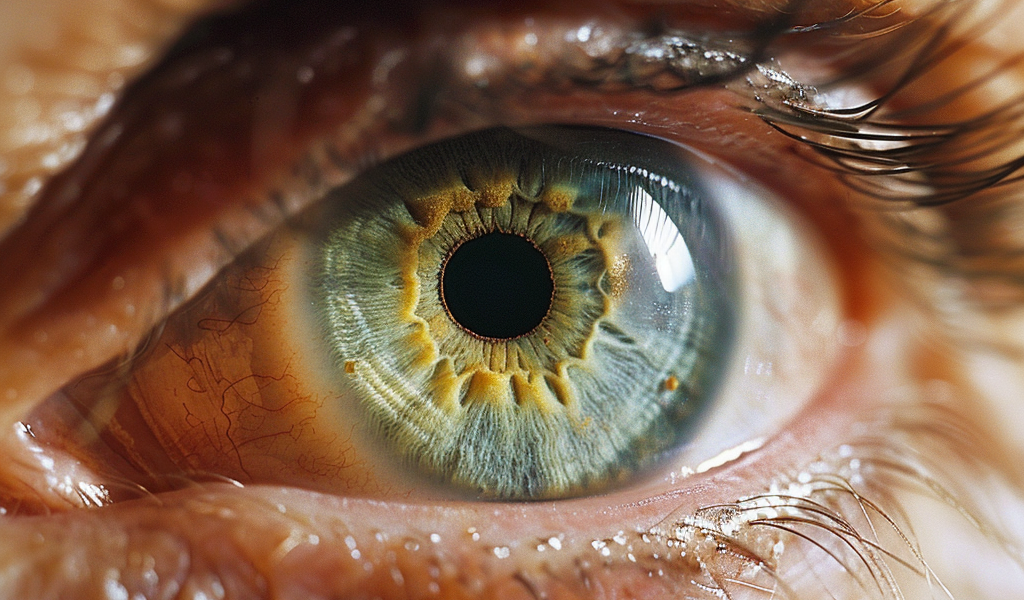A groundbreaking study led by University College London researchers may have discovered a potential breakthrough in the treatment of age-related macular degeneration (AMD), the leading cause of vision loss among older adults. With around 200 million people worldwide currently suffering from AMD, a number expected to rise to 288 million by 2040, finding effective treatments is crucial.
AMD affects the central vision of the eye, leading to symptoms such as blurred eyesight and central vision loss, making everyday tasks challenging for those affected. The exact cause of AMD is multifaceted, involving factors like ageing, genetics, environment, and lifestyle choices such as diet, weight, exercise, smoking, and alcohol consumption. The risk of developing AMD significantly increases with age, primarily affecting individuals over 50 years old.
The international research team, comprising experts from the UK, US, Germany, and Australia, focused on increasing the levels of a key immune-regulating protein known as IRAK-M in the cells at the back of the eye. This protein plays a critical role in protecting the retinal pigment epithelium (RPE), a layer of cells vital for maintaining a healthy retina.
When RPE cells are damaged, it can lead to severe eye conditions. By enhancing IRAK-M levels, the study suggests a potential avenue for safeguarding against the progression of AMD and preserving vision in individuals at risk.





